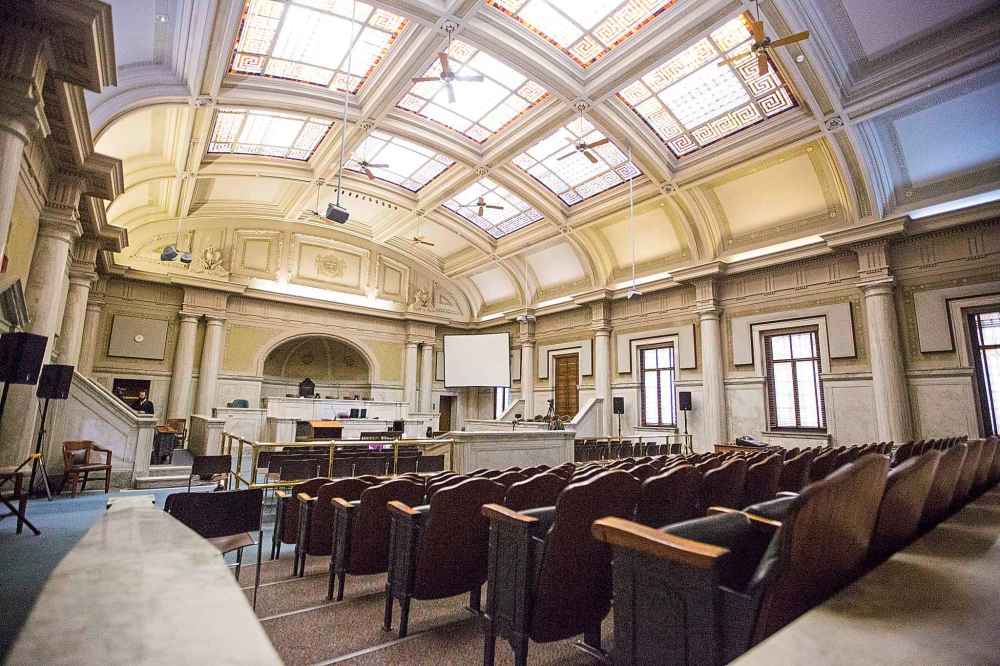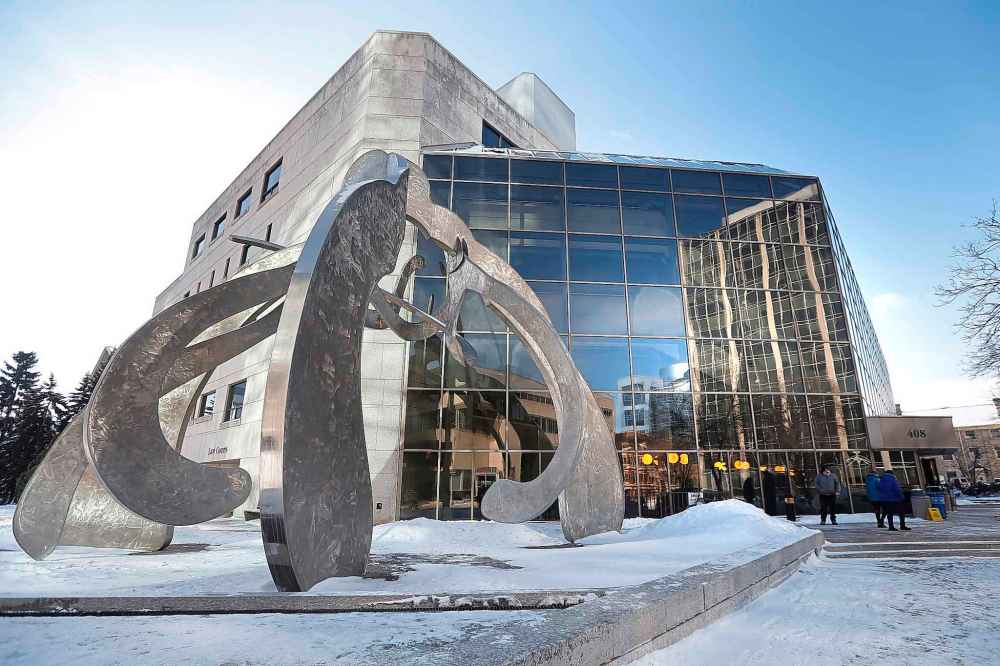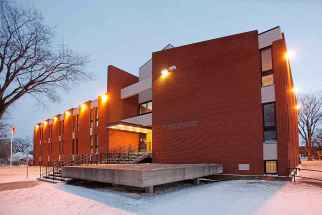Action required to ease legal-aid backlog
Read this article for free:
or
Already have an account? Log in here »
To continue reading, please subscribe:
Monthly Digital Subscription
$0 for the first 4 weeks*
- Enjoy unlimited reading on winnipegfreepress.com
- Read the E-Edition, our digital replica newspaper
- Access News Break, our award-winning app
- Play interactive puzzles
*No charge for 4 weeks then price increases to the regular rate of $19.00 plus GST every four weeks. Offer available to new and qualified returning subscribers only. Cancel any time.
Monthly Digital Subscription
$4.75/week*
- Enjoy unlimited reading on winnipegfreepress.com
- Read the E-Edition, our digital replica newspaper
- Access News Break, our award-winning app
- Play interactive puzzles
*Billed as $19 plus GST every four weeks. Cancel any time.
To continue reading, please subscribe:
Add Free Press access to your Brandon Sun subscription for only an additional
$1 for the first 4 weeks*
*Your next subscription payment will increase by $1.00 and you will be charged $16.99 plus GST for four weeks. After four weeks, your payment will increase to $23.99 plus GST every four weeks.
Read unlimited articles for free today:
or
Already have an account? Log in here »
Hey there, time traveller!
This article was published 04/02/2020 (2134 days ago), so information in it may no longer be current.
In a perfect world, politics would always be about doing the right thing, not simply the politically expedient one.
Also in a perfect world, laws wouldn’t be broken, so courtrooms wouldn’t be overburdened with accused criminals in need of legal representation.
In the decidedly imperfect world in which we exist, however, crime is a constant concern, courtrooms are jammed and backlogged, and those facing charges — the majority of whom belong to disadvantaged populations, including poor people, people with mental-health challenges and Indigenous people — require representation which is essential to their navigation of the justice system but which they often cannot, without assistance, afford.

Proceedings in Winnipeg’s bail courts ground to a halt Monday after the province’s private criminal defence lawyers carried through on an earlier threat to cease taking on new legal-aid cases until the province meets their demand for a long-overdue increase to the rate they’re paid for their services.
“It’s going to be very slow,” was how Gary Robinson, duty counsel supervisor for Legal Aid Manitoba, described the chaos at the Winnipeg Law Courts building. With the private defence bar having removed its services from the equation, it was left to Legal Aid Manitoba’s five staff lawyers to attempt to process all the cases in the building’s two bail courtrooms.
Slow, indeed. Around 150 individuals were waiting Monday for their cases to be heard; something approaching 75 per cent of them would normally have been represented by the private defence bar. But the Criminal Defence Lawyers Association of Manitoba (CDLAM) withdrew its services in an effort to spur the province to act on its demand for a rate increase — something the current and former provincial governments have been unwilling to consider for a dozen years.
It’s hard to imagine any provincial administration — even an austerity-driven government such as the one led by Premier Brian Pallister — perceiving as fair the freezing of any sector’s wages for a full 12 years, but that has been the case for the rate paid to CDLAM members for legal-aid services since 2008.
And the only rationale one can conclude is responsible is that there’s no political advantage to be gained by taking action to remedy the situation. Improving the lot of private lawyers getting paid $80 per hour to represent people accused of committing crimes is more likely to invite the scorn than the praise of the wider tax-paying population.
But the accused, and their appointed legal representatives, are entitled to their day in court. In addition to being the right thing to do, ensuring access to a fair hearing is an imperative enshrined in Canada’s Charter of Rights and Freedoms. So there’s more involved than deciding whether fixing the problem is good for the political brand.

It can’t just be that the Pallister government is averse to spending money in courtrooms — it has, after all, devoted considerable taxpayer resources to a legal challenge of the federal government’s right to impose a carbon tax on provinces that refuse to establish their own. But perhaps that pursuit is perceived as more of a political “winner” than paying legal-aid lawyers a higher rate for representing accused criminals.
Political expediency should not be the determining measure. It’s the job of a government to protect its most vulnerable citizens; whether or not they’re people who inspire public sympathy or support shouldn’t factor into the equation. This provincial government should be the one that ends a dozen years of neglect of the legal-aid system.










